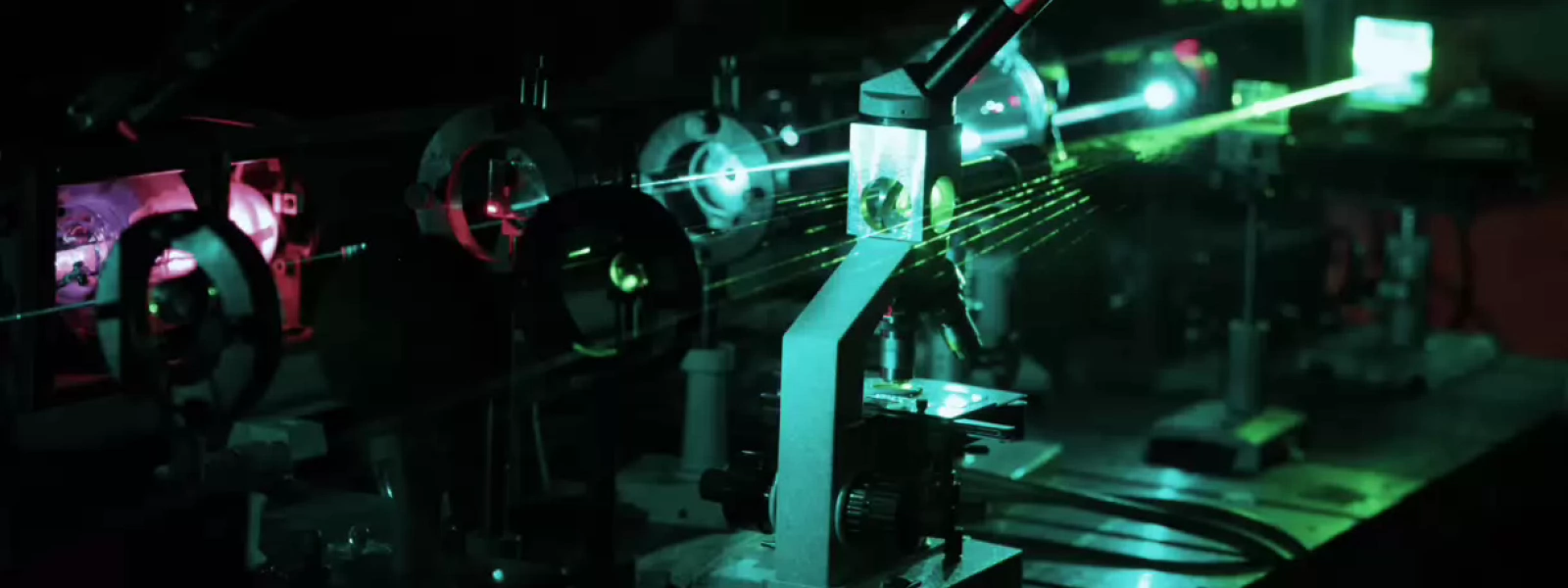

Minor Quantum Safe Cryptography
Starts in September
Sign up via Progress- 30 ECTS
- 20 weeks
- Fontys Applied Mathematics
About this minor
The minor Quantum Safe Cryptography works with the technology of the future: quantum computers. The minor focuses on developing both the hardware and the software skills of students in a multidisciplinary environment. The software side of the track will focus on fundamental principles of cryptography, where you learn how to encrypt and decrypt data in a safe way. One of the major topics here is post-quantum cryptography. The hardware side of QSC will be explored through the field of quantum key cryptography.
Why choose the minor Quantum Safe Cryptography?
- You get to make a real difference in the world of new technologies and prevent threats to data security
- The minor focuses on both software and hardware skills
- You get to work in a multidisciplinary environment
- Large focus on practical skills
More about the minor
Rapid developments in the world of quantum computing technology pose a potential risk to conventional cryptographic methods. Current algorithms could be undermined by the powerful quantum computers of the future, leaving sensitive information vulnerable to attacks. Organisations need to prepare for the future impact of quantum computers on data security. You will become the expert with the much-needed practical skills to secure their data.

The future of data security
Become the expert on the next defining computing technology!How is the minor structured?
Programme
Software courses:
The software part of the minor introduces classical cryptography and the major components of quantum safe cryptography, such as post-quantum cryptography. You build up your portfolio consisting of multiple deliverables such as homework assignments, small research projects, and programming implementations.
Hardware courses:
The hardware part of the minor is project oriented. You start with introductory weeks on how to work with the hardware. After this introduction, you will be divided into groups. Each group works on a specific subsystem of quantum key distribution. There will be challenges on various parts of the fascinating quantum mechanical background of the subject. In the last few weeks, the works of the groups will be combined.
Assessment:
Assessment will consist of:
- A portfolio consisting of software related assignments, worth 15 credits.
- A group hardware project, worth 15 credits.
When are you eligible?
The minor is open to students who:
- Are enrolled as a student at Fontys University of Applied Science
- Are experienced in the field of programming
- Are experienced in subjects such as mathematics, physics, ICT, and/or electrical engineering
Interested? Sign up!
You can apply for this minor via Progress. If you have any questions about the minor, feel free to send an email to minorqsc@fontys.nl.


